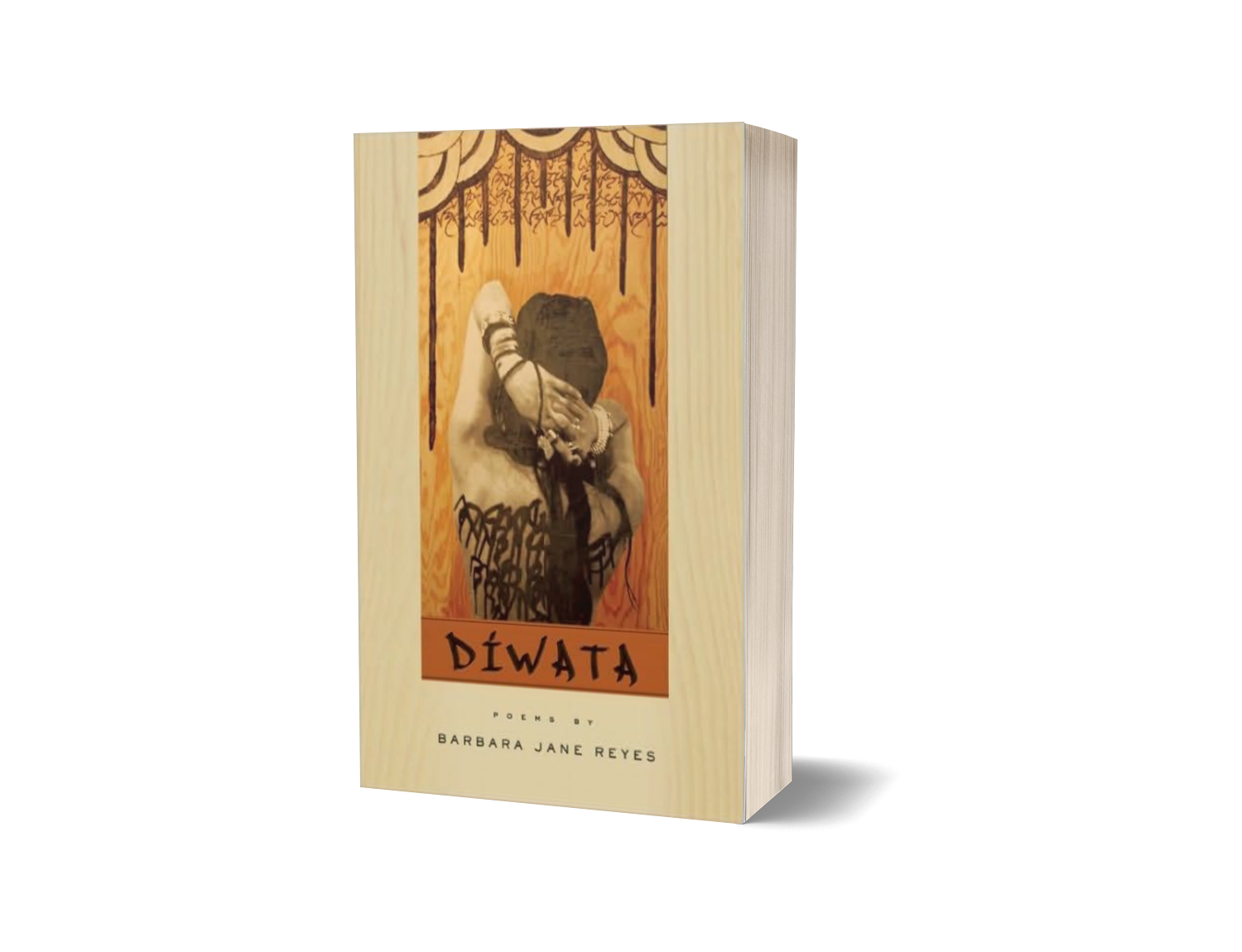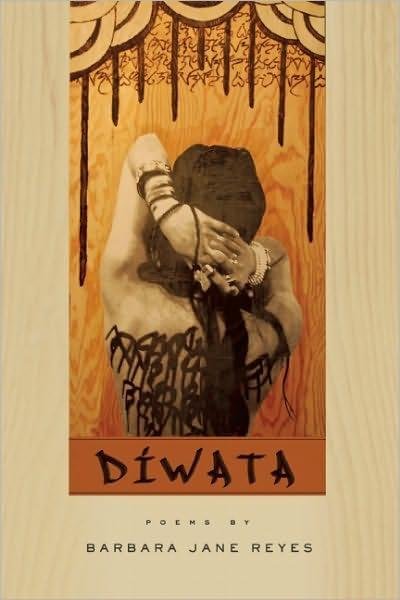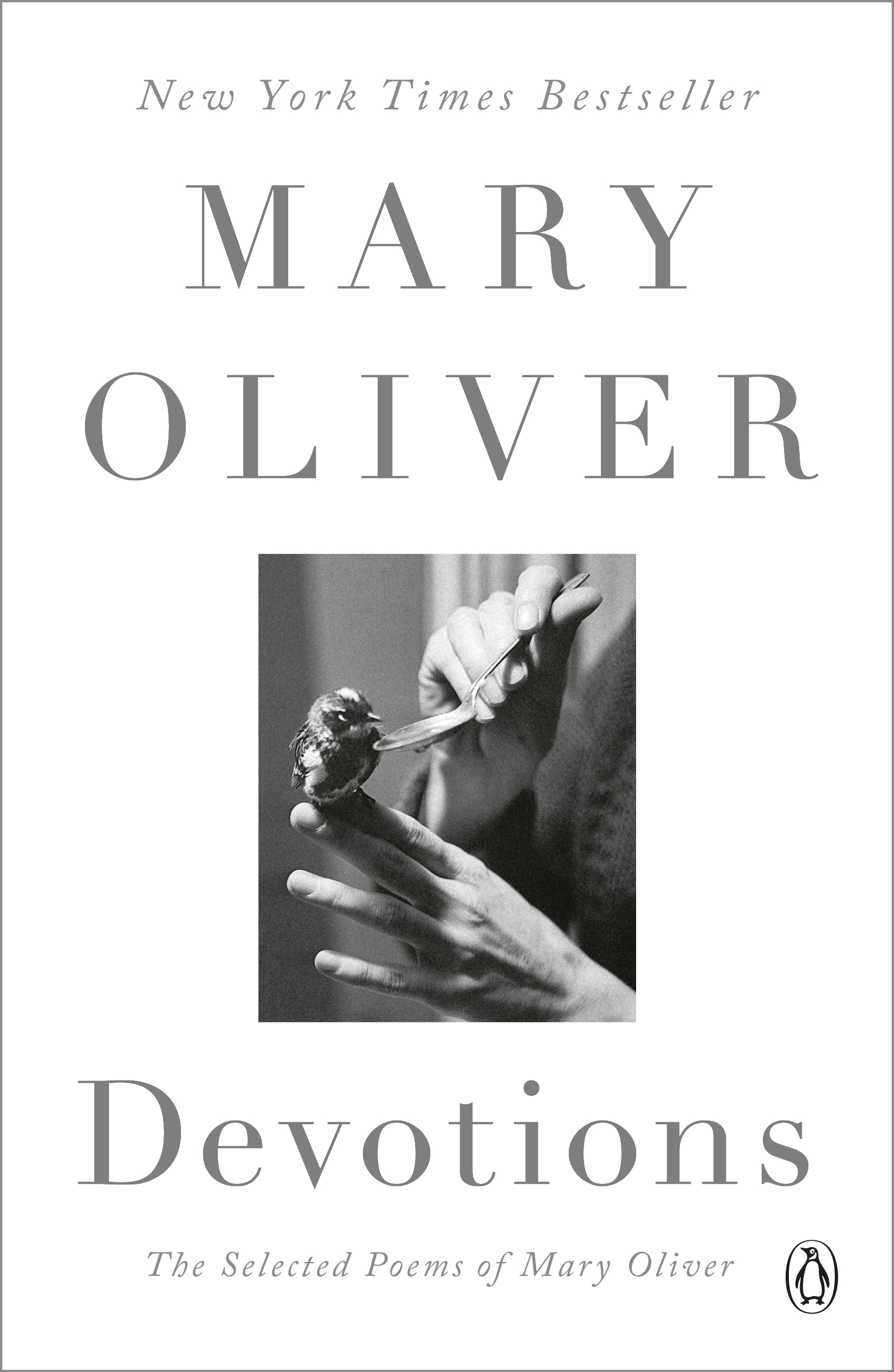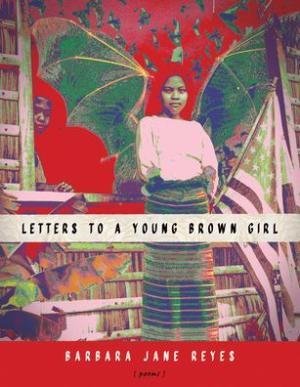 Image 1 of 2
Image 1 of 2

 Image 2 of 2
Image 2 of 2



Diwata by Barbara Jane Reyes
Tagalog is a language spoken by twenty-two million people in the Philippines. Diwata is a Tagalog term meaning "muse." Diwata is also a term for a mythical being who resides in nature, and who human communities must acknowledge, respect, and appease in order to live harmoniously in this world.
In her book Diwata, Barbara Jane Reyes frames her poems between the Book of Genesis creation story and the Tagalog creation myth, placing her work somewhere culturally between both traditions. Also setting the tone for her poems is the death and large shadow cast by her grandfather, a World War II veteran and Bataan Death March survivor, who has passed onto her the responsibility of remembering. Reyes' voice is grounded in her community's traditions and histories, despite war and geographical dislocation.
Tagalog is a language spoken by twenty-two million people in the Philippines. Diwata is a Tagalog term meaning "muse." Diwata is also a term for a mythical being who resides in nature, and who human communities must acknowledge, respect, and appease in order to live harmoniously in this world.
In her book Diwata, Barbara Jane Reyes frames her poems between the Book of Genesis creation story and the Tagalog creation myth, placing her work somewhere culturally between both traditions. Also setting the tone for her poems is the death and large shadow cast by her grandfather, a World War II veteran and Bataan Death March survivor, who has passed onto her the responsibility of remembering. Reyes' voice is grounded in her community's traditions and histories, despite war and geographical dislocation.
ABOUT THE AUTHOR
Barbara Jane Reyes is the author of Letters to a Young Brown Girl (BOA Editions, Ltd., 2020).
She was born in Manila, Philippines, raised in the San Francisco Bay Area, and is also the author of Gravities of Center (Arkipelago Books, 2003), Poeta en San Francisco (Tinfish Press, 2005), which received the James Laughlin Award of the Academy of American Poets, Diwata (BOA Editions, Ltd., 2010), which received the Global Filipino Literary Award for Poetry, To Love as Aswang (Philippine American Writers and Artists, Inc., 2015), and Invocation to Daughters (City Lights Publishers, 2017).
Her seventh book, Wanna Peek Into My Notebook?: Notes on Pinay Liminality, is forthcoming from Paloma Press in 2022.
She is also the author of the chapbooks Easter Sunday (Ypolita Press, 2008) Cherry (Portable Press at Yo-Yo Labs, 2008), and For the City that Nearly Broke Me (Aztlán Libre Press, 2012).
Her work is published or forthcoming in Arroyo Literary Review, Asian Pacific American Journal, As/Us, Boxcar Poetry Review, The Brooklyn Rail, Chain, Eleven Eleven, Entropy, Fairy Tale Review, Fourteen Hills, Hambone, Kartika Review, Lantern Review, New American Writing, New England Review, New York Times Magazine, North American Review, Notre Dame Review, Origins Journal, Poetry, Prairie Schooner, South Dakota Review, Southern Humanities Review, TAYO Literary Magazine, World Literature Today, Cross Cultural Poetics, among others.
An Andrew W. Mellon Foundation Fellow, she received her B.A. in Ethnic Studies at U.C. Berkeley and her M.F.A. at San Francisco State University. She is an adjunct professor at the University of San Francisco's Yuchengco Philippine Studies Program. She lives with her husband, educator and poet Oscar Bermeo, in Oakland.










